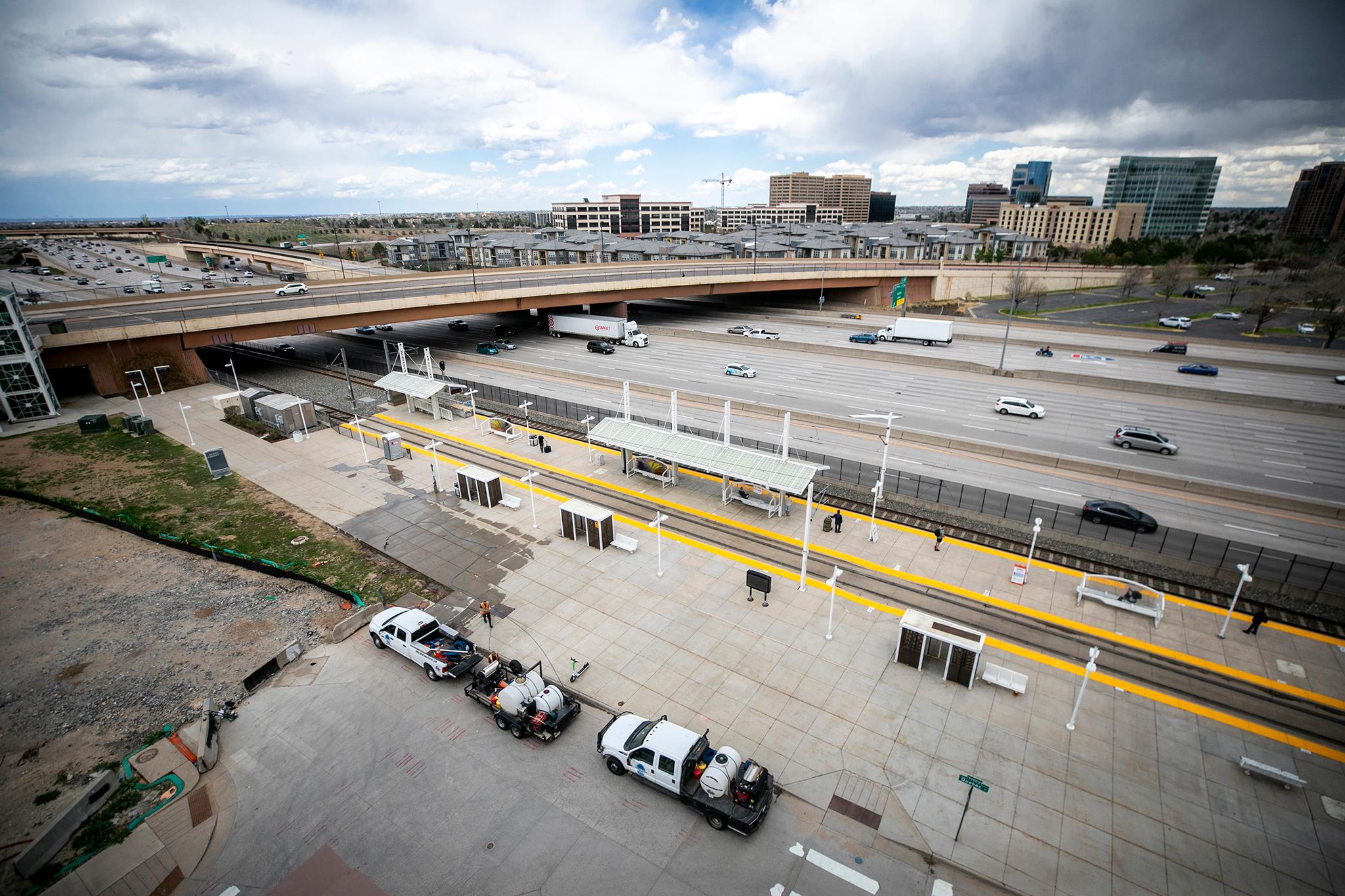
Colorado lawmakers have approved another significant change to the state’s rules for growth and development.
HB24-1313 received its key final approvals on Tuesday and will head now to Gov. Jared Polis. The proposal would force some cities to allow greater residential density near certain transit lines.
It’s been a key priority for the governor, who is certain to sign it.
“Coloradans are begging for more housing, and there is no better place to build housing and increase density than near transit,” said Sen. Faith Winter, a Democrat, in a written statement.
The bill sets a general expectation that cities should allow denser development near their transit lines. The goal is 40 units per acre, similar to the condo-lined streets of northwest Denver. But cities also could fulfill the mandate by concentrating even denser development in smaller areas.
The opposition, including Republicans and some suburban Democrats, have argued that cities should be left to make their own decisions. Some cities have indicated that they could be forced to allow thousands of new units near bus and rail stations, although only a portion of that “capacity” is likely to turn into actual construction.
“I understand what the sponsors are trying to do in this bill. I think that we can do that by incentivizing local governments,” said Sen. Byron Pelton, a northeast Colorado Republican. He praised the sponsors, though, for removing some of the bill’s teeth: Cities will not risk losing their highway funding if they fail to comply, as was originally proposed.
Some local governments have warned that if they lose power over what gets built, it could lead to more traffic and other demands on infrastructure. Supporters contend that transit-served development will be more sustainable, causing less traffic, than suburban sprawl.
The bill includes $35 million for grants to improve infrastructure in transit areas and gives cities some leeway with their housing goals if they don’t have enough water to support development.
Sen. Julie Gonzales, a Denver Democrat, was among the “no” votes in the Senate. She said she was open to the idea that the state has a role to play in resolving the housing crisis — noting that she had seen gentrification unfold “under the guise and decisions, whether that is action or inaction, of local control.”
But she critiqued the fast-moving barrage of amendments that were appended in recent days to this and other land-use bills in the Senate, comparing it to a game of Whac-a-Mole.
The measure passed the Senate in a 21-14 vote on Tuesday. All Republicans voted no, as did Democrats Gonzales, Rachel Zenzinger, Joann Ginal and Chris Kolker. It earlier passed the House on a 37-24 vote.
It’s not the only land-use bill to reach the governor this year. Also passed by the legislature is a bill that limits the ability of cities to require minimum amounts of parking in development near bus and rail lines. And a bill allowing accessory dwelling units in more areas has nearly passed, too.
This makes a notable change from last year, when pro-density reformers watched as their single, sweeping land-use reform effort, known as SB-213, “folded under the weight of itself,” as Gonzales put it. That earlier proposal failed on the final day of the 2023 session.
- In a push for more housing density near transit lines, highway dollars have become a political football
- New bill could force Colorado cities to allow density near transit lines
- Could Colorado override local zoning codes to allow more density? It’s ‘part of the conversation’ as a major land use bill takes shape









